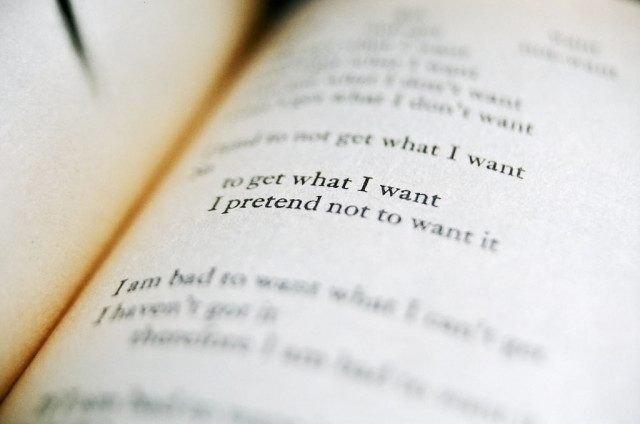The smile of a child is the fundamental truth: Rabbani
Six-time senator reflects on the relationship between art and society at book launch

In a book launch event, hosted at the Karachi Literature Festival 2021, writer Muneeza Shamsie, in conversation with author and politician Raza Rabbani, discussed his new novella “The smile catchers”.
After introducing the six-time senator and author, Shamsie opened the event by discussing the main character of the novella, Zaheer Naseer.
Zaheer is written as a man overtaken by both real and surreal moments in history, she said, adding that the character was fictitious but his experiences were based on true events.
The air raids in Aleppo and the 2014 massacre at the Army Public School in Peshawar are some of the events Zaheer lives through. Answering a question about the significance of these events and tying them into the story, Rabbani explained how in each of the two events the world was given a glimpse of how the modern world treats children. “I was seeking truths, and in that endeavor, I found the smile of a child, as the ultimate reflection of truth,” he said.
Appreciating his work, Shamsie asked about the references to renowned French painter Gustave Courbet and Dutch artist Van Gogh in his book and their connection to society and politics. Elaborating on this, Rabbani explained, any work of art, be it a painting or writing, that depicts the sufferings and anguish of people is in fact a reflection of its specific time.
References in the novella, to paintings such as Courbet’s painting, The Stone Breakers (1849), are in lines with the very aguish that Zaheer feels about the state of the world he is in, said Rabbani. The touch of realism in such works is what transmutes the character’s feelings in the book.
The author explained how the miseries of Aleppo in Syria, were understood through the eyes of young Alan, an air raid victim whose viral picture took over the imagination of the world. The case trended for a while, and eventually, we forgot about that young boy, he recalled.
Through Zaheer’s experiences, the author sought to ask where and why the smiles of our children have gone. Bringing Rabbani’s political career into the fold, the panel discussed his personal experiences and the role they played in his writings. There was a triangular fight within me, between mysticism, writing and politics, said the senator.
Explaining his foray into writing, he reminisced and reflected on the early days of a people’s revolution led by former prime minister Zulfikar Ali Bhutto and recalled the events leading up to the assassination of former prime minister Benazir Bhutto.
“The politician within me died after her assassination,” he said.
On his early inspirations as a child, the author recalled how his mother, would list down classical readings for him and that, he said, helped prod and shape his imagination.
Shamsie then moved the discussion towards the relation between art and societal change. Referring to past societal movements and the inspiration they drew from the works of art, Rabbani mentioned poets like Faiz Ahmed Faiz, Habib Jalib and Jaun Elia.
Poets and writers have stood as inspirations for the downtrodden throughout history, he said.
Intellectuals in our country today are being denied, but they can be great inspiration towards fundamental change, he said.


















COMMENTS
Comments are moderated and generally will be posted if they are on-topic and not abusive.
For more information, please see our Comments FAQ